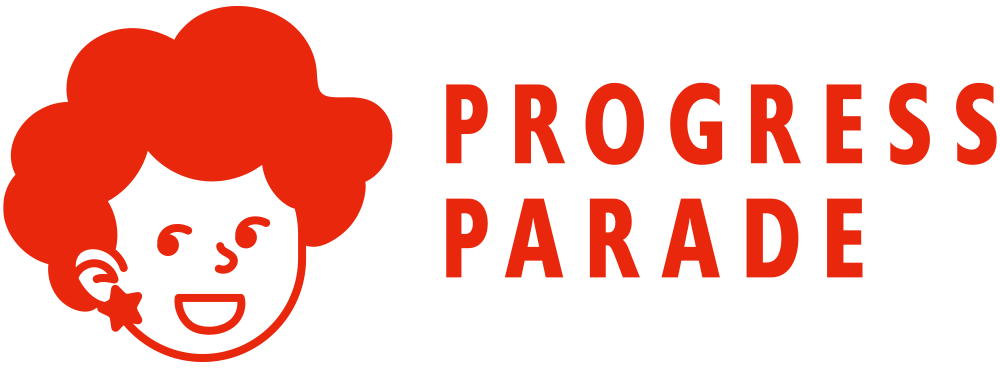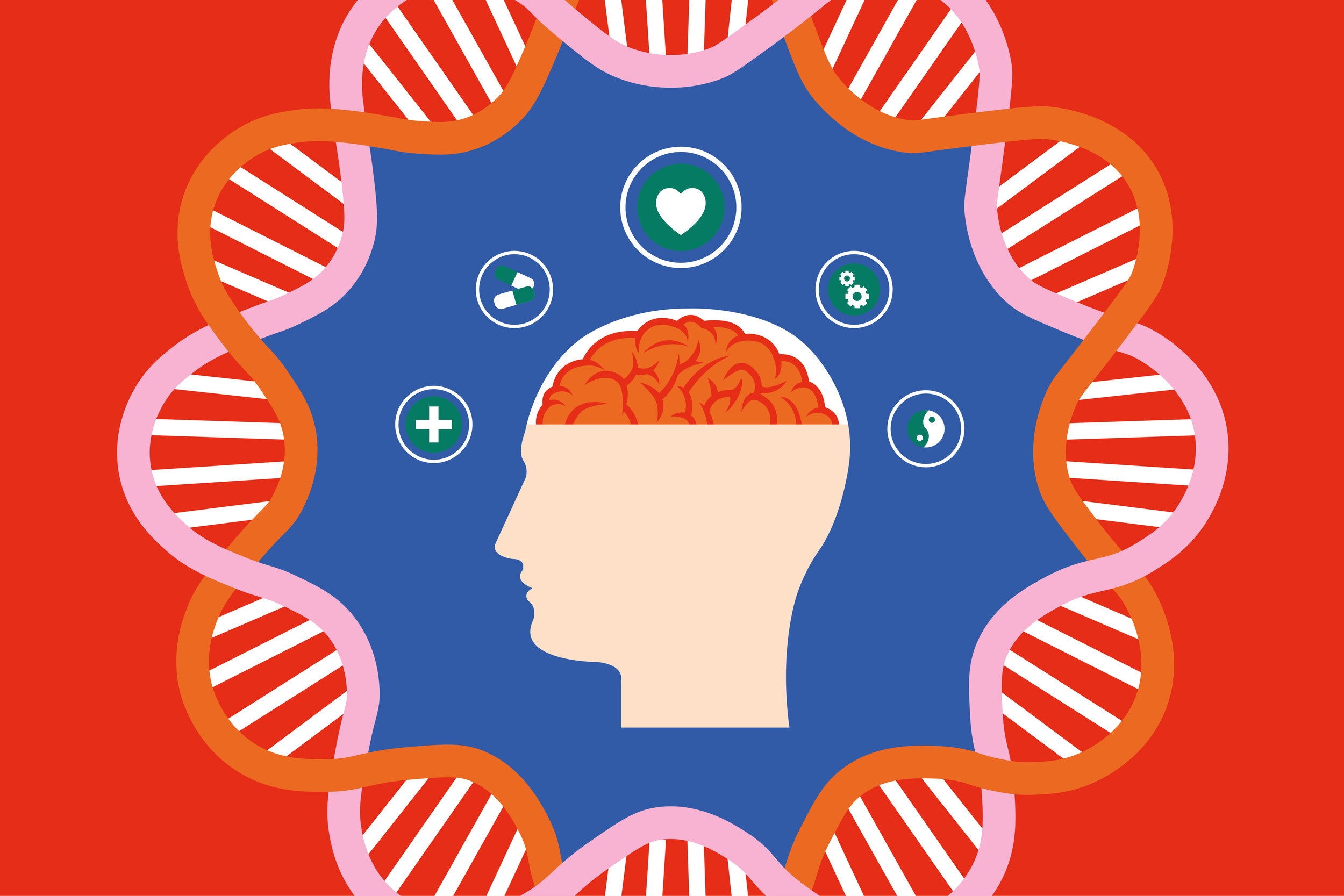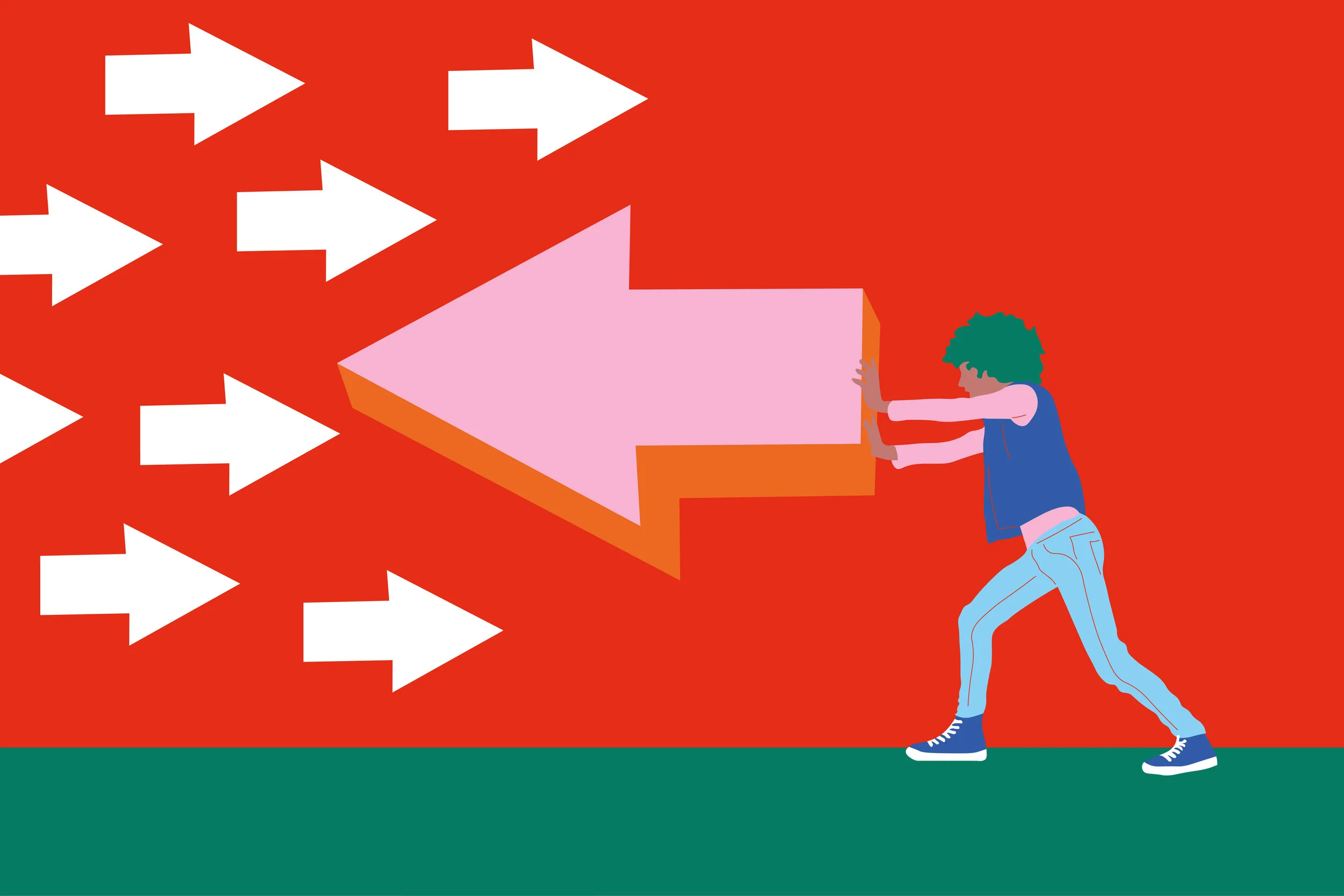How are learning disabilities diagnosed?
So far in this series we’ve defined learning disabilities, explained how they relate to other disabilities, and discussed what to do once you’ve received the diagnosis. This article will focus on who can diagnose learning disabilities and what you should look for when choosing someone to complete the evaluation.
What should I look for when choosing someone to diagnose a potential learning disability?
An evaluation gathers information to determine what factors are contributing to a student’s difficulty learning to read, spell, write or do math. An evaluation is important because a diagnosis identifies the likely source of the problem and rules out other possible causes of academic difficulties; it develops a focused intervention/remediation program; and documents the history of a student’s learning difficulties. This documentation is transferable between schools and helps communication between teams at grade and school transitions, and may assist in later efforts to obtain accommodations for college entrance exams, in college, or in the workplace. We start off again with two routes toward a diagnosis: school or private evaluation?
Who can diagnose learning disabilities? School Evaluators
If you ask the school to complete the evaluation, or the school recommends it for your child and you agree, your options for who will be assigned to the evaluation are limited by the school or district protocols. Most evaluations are completed in house, using the school psychologist, special education teacher, and other special education personnel directly assigned to the school. That said, it’s possible your district belongs to a cooperative that completes the evaluations or, in some cases, districts assign contracted evaluators. Either way, you’ll be working with a team of professionals who are state, and sometimes nationally, certified to perform evaluations.
The advantage with a school evaluation is that they have often worked together as a team before and they have direct access to important school history information including work samples, test scores (including peer data), can implement academic interventions to measure rates of progress, and classroom observations.
Schools are also required to follow federal guidelines for time frames for evaluations. The initial evaluation must be conducted within 60 days of receiving parental consent for evaluation (or whatever timeframe your state has established). Their results will be directly linked with a determination of qualification for special education services, and if so, help with the creation of individualized goals and interventions.
For more specifics on the components of a school-based evaluation, please see the Center for Parent Information and Resources.
“ An evaluation is important because a diagnosis identifies the likely source of the problem and rules out other possible causes of academic difficulties”
Who can diagnose learning disabilities? Private Evaluators
When you choose to seek out a private evaluation, you have more options. Of course, choice is also limited by financial costs and location needs, but it’s possible insurance will cover an evaluation. One way to find a good evaluator is to ask for recommendations from your pediatrician, family doctor, or other parents. When someone has already gone through the process and they trusted their evaluator, that’s often a good endorsement! They’ll be able to tell you if their child felt comfortable with the evaluator and the tests, and if they felt the evaluator was thorough and individualized how the evaluation was done. It’s possible a clinician will also share a sample of the types of reports they write; if so, that will help you see what you will get from the process.
When choosing an evaluator, look for someone who is an expert diagnostician, is knowledgeable about the complexities of reading/math/writing and learning, and is knowledgeable in evidence-based practices to treat the difficulties associated with learning disabilities. Keep in mind that not every therapist/interventionist does evaluations, and many only do one or the other.
There are many different qualifications or certifications in private practice in order to complete evaluations, but some typical backgrounds you might look for are learning specialists, neuropsychologists, and clinical psychologists.
The evaluation will take anywhere from three to nine hours, give or take, spread over multiple sessions. A good evaluator will make sure your child has plenty of breaks and encouragement so they don’t get frustrated or exhausted.
Because your child will be spending so much time with the evaluator, you’ll want to learn more about their approach to the evaluation: do they individualize it? Do they follow a specific template? If you are planning on taking the results of the evaluation back to the school, how will they address the part of the diagnosis that requires an assessment of “response to intervention?” Because of the changes to the clinical definition of learning disabilities, evaluators should be able to shift from “assessment for diagnosis” to “assessment for intervention,” and have more time to provide psychoeducation and consultation with parents and teachers.
Please see our learning disabilties primer for more information on the components of the evaluation you should expect to be completed.
Specifically related to reading concerns, evaluators will approach the examination in different ways. Prior to second grade, the evaluator should focus on pre-reading skills, including measures of language skills, phonological awareness, working memory, and rapid naming. As these skills are typically included in kindergarten and first grade school screening assessments, this can identify if your child needs targeted interventions in order to develop the beginning skills for learning to read. In third grade and beyond, the evaluator will screen for this, and look at qualitative data, including spelling samples, reading different types of text, assessing responses to different types of comprehension questions, and the quality of a story “retell.”
For math concerns, the evaluator will look at your child’s basic math fact knowledge and how quickly they can apply math facts. They will look at their computation skills, typically involving paper and pencil math problems. They will also assess their skill level with word problems.
The evaluator will also likely document observations of your child’s behavior during testing, including frustration level, effort, and focus.
An evaluator should always describe your child’s strengths, behaviorally and academically. Every person has strengths! Those skills and interests will be used to strengthen learning weaknesses during the intervention and remediation process. Besides that, it’s important that team members see your child as a whole, not just a sum of their deficits.
“An evaluator should always describe your child’s strengths, behaviorally and academically.”
What happens after the testing is complete?
Beyond the evaluation and diagnosis, what you’ll want to know before choosing a private evaluator is what they will provide you with after the evaluation and diagnosis. In many ways, this is more important than the diagnosis. This information will guide any private intervention you choose to seek, such as hiring a tutor for learning disabilities, but is also information you can bring back to the school to help them determine interventions and accommodations they can implement inside or outside the classroom to help your child learn effectively.
Ideally, they should sit down with you and explain the results and provide you with a thorough report that details the evaluation and results and includes recommendation for next steps. This report should diagnose the specific nature of your child’s difficulties, specify a detailed plan for intervention and remediation of the area of concern, and include documentation of the history of the learning difficulties.
Often an evaluator will provide an extensive list of recommendations. It is up to you to decide what strategies you will follow. Some may be simple, such as books or resource recommendations, while others are more complex such as seeking a specific method of tutoring. If you do bring the report to the school, the school team will determine which ones they can and will implement. There may be straightforward accommodations such as extended time or taking a test in a quiet location. The intervention/remediation recommendations should include suggestions for monitoring progress to ensure that the intervention is working. Recommended interventions should be consistent with your child’s specific skill level and methods that research has shown are effective for children of those needs.
Progress Parade also has further reading availability on what school supports are available for students with learning (and other) disabilities.
Who can diagnose learning disabilities and what you should look for when choosing someone to complete the evaluation.
































